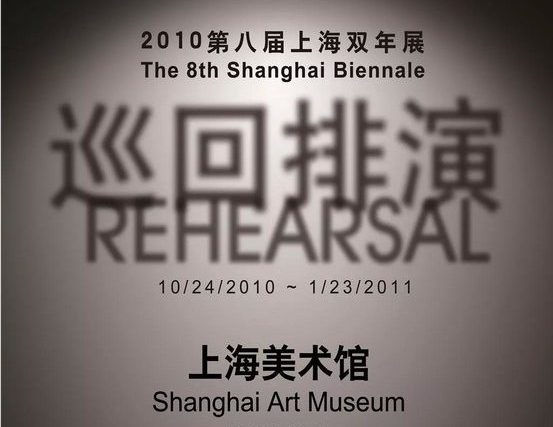2008-2011

The Ho Chi Minh Trail, though internationally understood as a logistical supply route created during the Second Indochina War, formed a vast network of passageways across China, Vietnam, Laos and Cambodia. This area was the strategic battle ground between the two communist powers [China and the Soviet Union] and the US during the second Indochina war. The “Ho Chi Minh Trail Project” is a collaborative contemporary arts project implementing physical, discursive, and artistic activities between China, Vietnam, Cambodia and Laos. It calls for a questioning of the fixed relationships between social production and ideas of history, identity, market logic and the subconscious effects of geographically-imposed divides. The project launched in 2008 as a departure from the grand narrative of the “Long March Project” and involved a series of phases that included research (2008-2009), an education forum (July 2009), field walking (June-July 2010), “rehearsals” (September-November 2010), “theater” (October 2010-February 2011), and “knowledge plugins: the knowing of the ignorant.” Nearly 30 thinkers and artists, including Zhang Songren, Chen Chieh-Jen, Gao Shiming, Brian Doan, Liu Wei, Lu Xinghua, Nguyen Nhu Huy, Wu Shanzhuan, Li Yue, Xu Zhen, and Zhang Hui were invited to engage in these discussions.
In the shadow of a war fifty years ago between empires, the Ho Chi Minh Trail represents a particular historical imagination and set of ideals. In the present post-colonial and post-revolutionary age, the Trail survives as a dusty relic of the Cold War era. One can find “public secrets” (the Khmer Rouge, the Vietnam War, racial conflicts, the Cultural Revolution, Tiananmen Square), internal borders (between India and Pakistan, North and South Vietnam, Taiwan and the Chinese mainland), the procurement activities of multinational corporations and the ideology of non-profit organizations, corrupt governments and poverty, shattered sovereignty, and societies fully devoted to the pursuit of wealth. Today the Ho Chi Minh Trail is a trail of confusion, misunderstanding, and speechlessness between China, Vietnam, Cambodia, and Laos.
The “Ho Chi Minh Trail” project consists of “walking,” which involves traveling, dialoguing, documenting, writing, and “action.” This encompasses a series of “rehearsals” such as the reflection of knowledge, the dissemination of experiences, the implementation of works, and the recording of texts. It aims both to clear away the ethnic/national monopolization of identity, politics, history and tradition, and to wash away the capitalism—the device of a media-culture spectacle created by the globalization of management, consumption, and planning—that has permeated the depths of our being. The Ho Chi Minh Trail Project is not a direct social action, nor is it a utopian vision. Rather, it attempts to call forth a continuous, reflexive revolution within the self, to call forth a new kind of politics, the Politics of Rehearsal.
